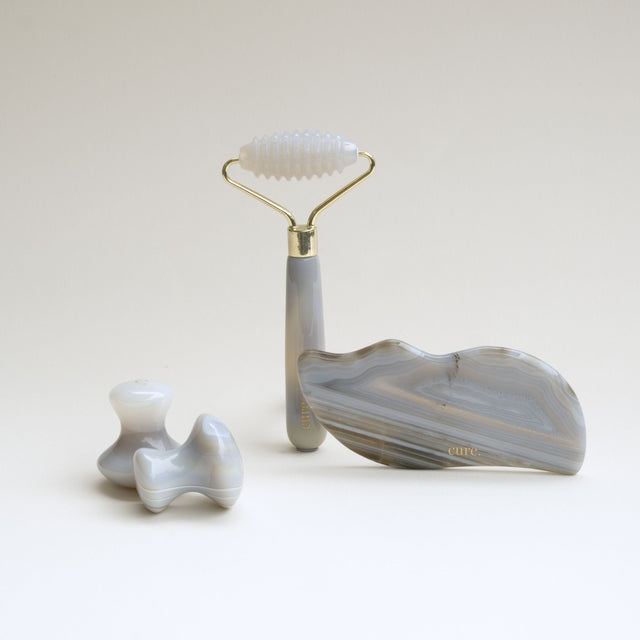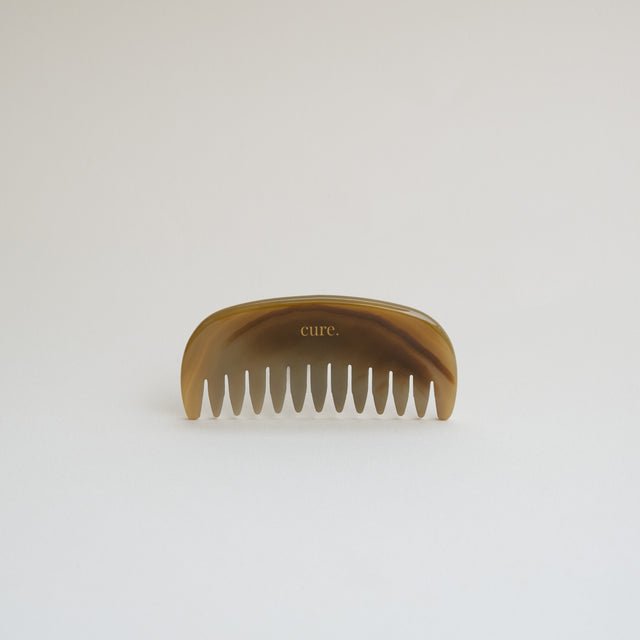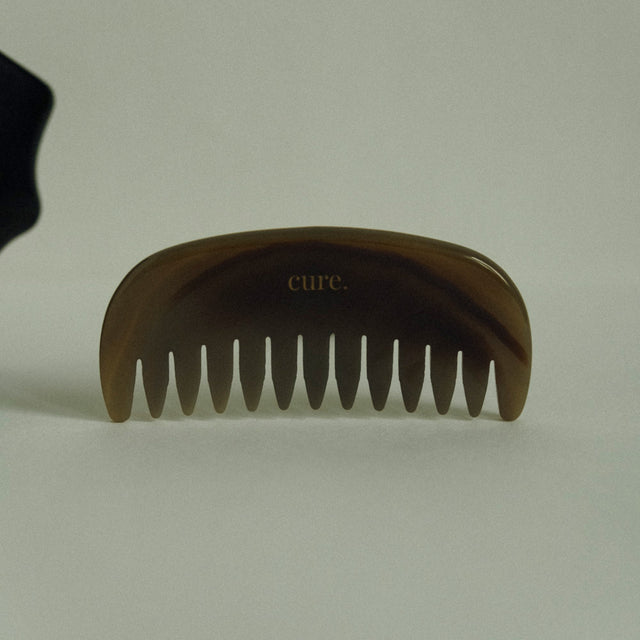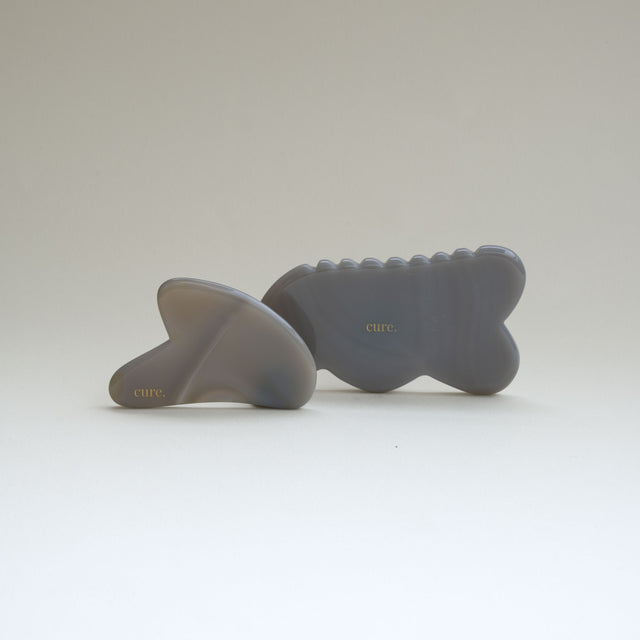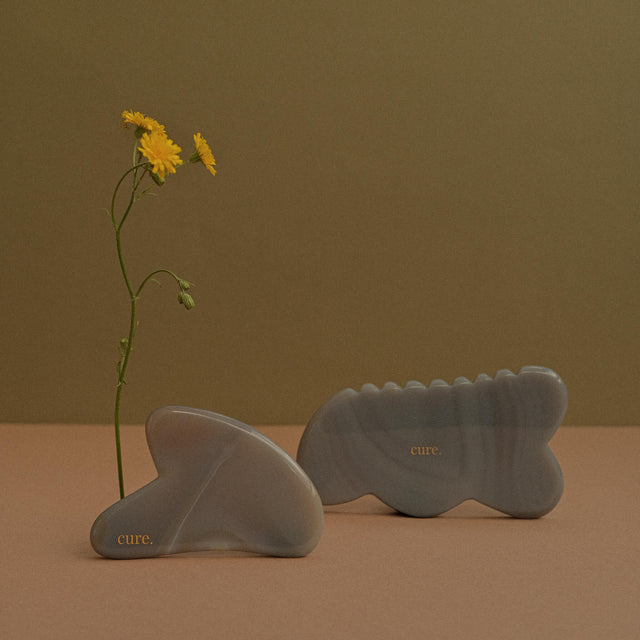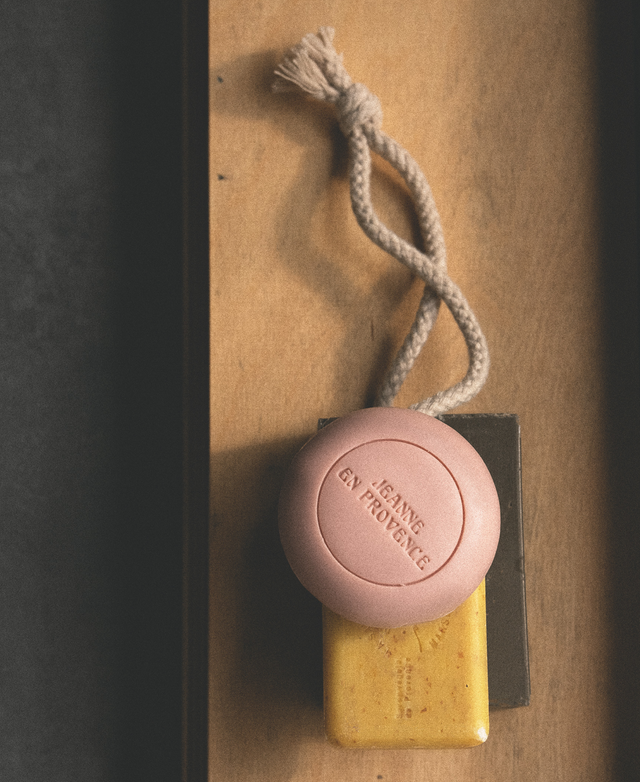How Stress Affects Skin Health
Prolonged stress leads to an increase in cortisol levels, which negatively impacts not only our overall health but also our skin. What happens to the skin during periods of stress, and how can we support it during such times?
Cortisol, also known as the stress hormone, slows down the production of collagen and elastin. As a result, the skin becomes less elastic, and wrinkles become more noticeable. Additionally, during stressful moments, facial muscles tense up, leading to expression lines.
Under the influence of cortisol, sebum production increases, while the skin’s protective functions decrease. This can result in heightened skin sensitivity, exacerbation of dermatological conditions, and the appearance of pigmented spots.
It’s essential to note that this applies to cases where the body remains in a stressed state for an extended period. If stress is short-term, skin functions quickly return to normal.
How to Support Yourself and Your Skin During Stressful Moments
Start by maintaining a regular sleep schedule and paying attention to your nutrition. Don’t forget to take walks outdoors, engage in physical activity, and seek out sources of pleasant emotions. Dedicate at least 30 minutes each day to activities that calm you and bring positive feelings.
Incorporate facial and body massages into your skincare routine. Gentle strokes and massage movements have an anti-stress effect. Gua sha facial and neck massages can help relax your muscles, relieve tension, and accelerate collagen production. Consider practicing head and full-body massages several times a week using a gua sha tool. Pair this ritual with soothing music to benefit both your skin and emotional well-being.
If you’ve recently experienced a challenging stress situation, temporarily avoid aggressive peels and scrubs. Instead, focus on gentle skincare products and active hydration. Opt for cosmetics with calming ingredients and include moisturizing and nourishing masks in your beauty routine.


